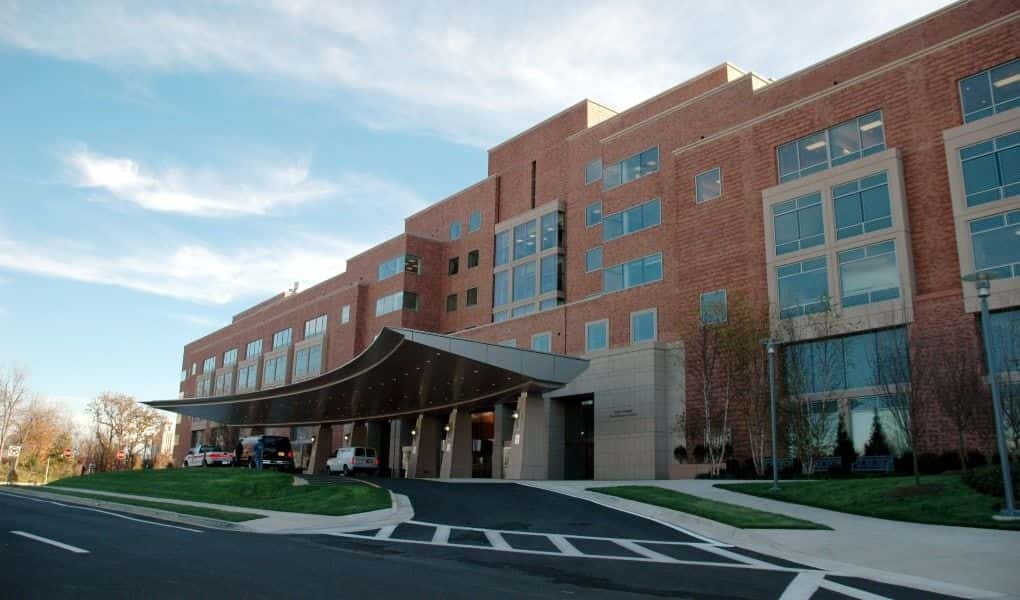Infectious Disease Expert Opines on Probability of Causation for Hepatitis B
The plaintiffs claimed the defendant’s negligence led to the plaintiff husband contracting hepatitis B. The infectious disease expert witness, retained by the plaintiffs, opined on how dialysis patients may contract the disease by cross-contamination.
Updated on
Court: United States District Court for the Northern District of Indiana, Hammond DivisionJurisdiction: FederalCase Name: Hardiman v. Davita Inc.Citation: 2007 U.S. Dist. LEXIS 34569
The defendant argued that the expert was unqualified to testify. Furthermore, the defendant claimed the expert’s opinion was inaccurate and did not assist the trier of fact.
Facts
The plaintiffs—a husband and wife—lodged a lawsuit, charging that the defendant’s negligence caused the plaintiff’s injury. The plaintiffs made two allegations. First, they claimed that the husband contracted hepatitis B by dialysis at the hospital of the defendant. Second, the plaintiffs alleged that the defendant refused to vaccinate the husband against the infection.
The Plaintiffs’ Infectious Disease Expert Witness
The plaintiffs retained an infectious disease medical professional to testify in their favor. The infectious disease expert witness had a medical understanding of the extremely infectious characteristics of hepatitis B. Based on his knowledge and professional expertise, the expert argued that dialysis patients have an exceptionally elevated chance of infection with the disease. Due to this elevated outbreak risk, dialysis facilities have implemented protocols and practices to deter outbreak transmission. Such protocols could include compulsory vaccination and segregation (quarantine) of patients who have tested positive for the disease.
The expert also spoke on known pathways for hepatitis B transmission at dialysis centers. He indicated that a dialysis patient may contract the disease by cross-contamination with a confirmed patient with hepatitis B. A dialysis patient may also contract hepatitis B by cross-contamination with an unquarantined and previously undiagnosed dialysis patient. The expert witness argued that a failure in hemodialysis management protocols raises the risk of contamination in either path. The infectious disease expert witness also identified numerous contributing factors. Furthermore, he methodically reduced the list of possible triggers for the plaintiff’s contraction of hepatitis B. Specifically, the expert analyzed and rejected potential causes, including the husband’s surgery at another hospital and his diabetes treatment. Additionally, the expert also rejected exposure to other blood and sexual risk factors as a potential cause.
Arguments
The defendant set out three claims:
- The expert’s opinion on the probability of causation was not a result of credible concepts or techniques and was therefore not accurate
- The expert’s opinion was not founded on science, technological, or other advanced expertise and was therefore not important because it did not assist the trier of fact
- The expert was not qualified to testify
The plaintiffs argued that the expert based his opinions on the likelihood of causation on reliable methodology and principles. They claimed his opinions satisfied the standards of Federal Rule of Evidence 702. As to his views and the allegations of injury, the expert’s scientific views on the health effects of chronic liver damage and hepatitis were so mundane that there was no need to exclude them, according to the plaintiffs.
Discussion
The court believed the expert’s opinion would help the trier of fact. The expert had knowledge of specific medical relationships applicable to the instant event. Specifically, the infectious disease expert had knowledge of hepatitis B and its transmission. Based on this knowledge, the expert claimed there was a 95% probability that the plaintiff contracted hepatitis B in the defendant’s facility. It was the direct product of evaluating clinical data on hepatitis B transmission by an expert who was uniquely trained in infectious disease. The court considered the infectious disease expert witness’s opinion reliable.
The court noted the expert could be unqualified to offer certain types of opinions outside the realm of his expertise. However, it was impossible for the court to narrowly proscribe the testimony at this stage. The court further considered that the expert’s “mundane” opinion was not equal to the concession that his claim was a lay opinion. Rather, the court stated that the use of the term “mundane” applied to the presumption that a medical expert specifically trained in infectious disease and internal medicine was entitled to express professional opinions that were commonly accepted in the scientific community.
Ruling
The court denied the motion to exclude the infectious disease expert witness testimony.
Key Takeaways for Experts
When opining on causation, experts should rule out other possible causes in their testimony. In this case, the expert had also ruled out potential causes of the plaintiff’s contraction of hepatitis B. By doing methodically ruling out other possibilities, the defense will have a harder time blaming causation on a factor outside of their responsibilities. To prevent the opposition from discrediting your testimony, it’s important to have a strong methodology as well as specialized knowledge to opine.
Subscribe to our newsletter
Join our newsletter to stay up to date on legal news, insights and product updates from Expert Institute.
Sign up nowFind an expert witness near you
What State is your case in?
Subscribe to our newsletter
Join our newsletter to stay up to date on legal news, insights and product updates from Expert Institute.


